Taking probiotics daily may be one of the best things you can do for your body.
While probiotics can help both men and women, they have some particularly useful benefits for women.
Certain strains of probiotics (especially lactobacilli and bifidobacteria) can help women treat and prevent urinary tract infections, and yeast infections and even help with weight and mood.
To get these benefits you need to be using the right type of probiotics, which is exactly what we are going to be discussing in this detailed guide:
Why Women Need Probiotics
The combination of yeast infections, urinary tract infections, and bacterial vaginosis is estimated to affect 1 billion women per year.
That is an insanely high number which means that these conditions are FAR too common.
The good news?
These conditions can be prevented with the use of targeted and specific probiotics.
What’s even better is that certain probiotics not only help vaginal health (1), but they also provide other benefits such as normalization of stooling patterns, and may even help with weight loss.
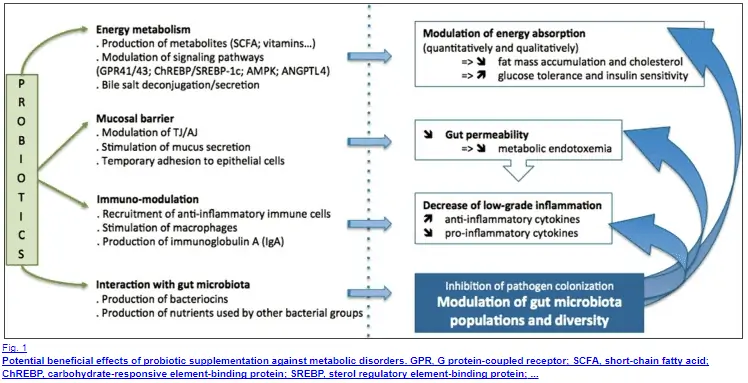
So how do you get these benefits?
You have to use the right strains and species.
Remember that not all probiotic strains and species are created equal.
Certain species of bacteria have benefits that others don’t provide.
This means that you need to make sure you use the right TYPE and DOSE of probiotics to get these benefits.
Below I’ve outlined the most beneficial probiotic species and strains that have been clinically proven to help women:
Vaginal health strains ->
These three lactobacilli probiotics have shown great promise as it relates to improving vaginal health.
They work by leading to a transfer of organisms from the rectum into the vagina which acts to normalize vaginal bacteria concentration and prevents vaginal yeast infections.
In addition to reducing vaginal yeast infections, these probiotics also help to reduce the incidence of urinary tract infections.
Your menstrual cycle (along with stress, the use of antibiotics, etc.) causes changes to your vaginal flora and if this flora is not healthy then you may experience an increased risk of bacterial vaginosis, yeast infections, or urinary tract infections.
Studies have shown that taking lactobacilli species may reduce the risk of urinary tract infections in some women from as much as 6 per year down to 1.6 episodes (5) per year (averaged out among women).
By the way, this benefit occurred without ANY reported side effects.
For comparison sake, taking probiotics daily was shown to be more effective than daily use of antibiotics to try and prevent urinary tract infections (the numbers went from 6 per year down to 2 per year on average).
Weight loss strains ->
- Lactobacillus gasseri (6)
- Lactobacillus rhamnosus (7) (helps with both weight loss and vaginal health)
- Bifidobacterium lactis (8)
- Lactobacillus casei (9)
We’ll talk more about how probiotics help with weight loss below but just realize for now that probiotics have important benefits as it relates to metabolic function and hormone management in your body.
The same probiotics that help vaginal flora may also be responsible for reducing fat mass (lactobacillus rhamnosus comes to mind).
Intestinal issues strains ->
The most obvious benefit of taking probiotics comes from the improvement seen in intestinal function.
So while probiotics help other factors not related to the gut, it’s important to remember that they ALSO help intestinal function overall.
The good news is that both lactobacillus and bifidobacterium species have been shown in many studies to help improve intestinal function.
7 Reasons to use Probiotics if you are a Woman
Now that you have an understanding of WHICH probiotics are the most helpful, let’s talk about the potential benefits of using probiotics daily.
And before you ask:
The benefits of probiotics are NOT too good to be true.

Your gut is responsible for modulating hormone levels, influencing your appetite, and managing neurotransmitters.
Through these pathways, your gut is capable of influencing symptoms of cells in your brain, muscle tissues, and even fat tissues.
This entire system is known as the gut microbiome (12) and its importance in regard to your overall health cannot be understated.
Small changes to your microbiome can result in big symptoms, which is why taking probiotics can influence so many systems in your body for the better:
#1. Prevention of Urinary Tract Infections
Probiotics help to prevent urinary tract infections in the following ways:
- Certain probiotic species out-compete and kill unhealthy vaginal bacterial species.
- Probiotics improve intestinal bacterial health which translates to changes in vaginal bacterial concentrations.
- Probiotics suppress the growth of known vaginal bacterial pathogens.
- Certain species of probiotics improve the acidity of the vagina (13) which promotes the growth of healthy bacterial species.

By the way, these changes also reduce the incidence of yeast overgrowth syndromes and bacterial vaginosis.
If you suffer from any of these vaginal health-related issues then a trial of high-quality lactobacilli-based probiotics should be seriously considered.
#2. Help Reduce Sugar and Food Cravings
Another huge benefit to taking probiotics is that they may help manage your food cravings and your appetite in general.
While this isn’t something that men tend to struggle with, this is a symptom that MANY women have issues with.
Certain bacterial species in your gut may secrete chemicals that enter your bloodstream and interact with your brain (14).

These chemicals then send signals to eat the types of food that sustain unhealthy levels of bacteria in your gut.
The more unhealthy food you eat, the more the unhealthy bacteria grow and the cycle continues.
You can break this cycle by taking probiotics which help to reduce unhealthy bacterial levels and promote the growth of healthy bacteria populations.
#3. Weight Management and Weight Loss
I’ve discussed how probiotics can help directly with weight loss in other posts, but it’s worth mentioning the highlights.
Top 6 ways probiotics help with weight loss:
- Reduce caloric absorption and increase nutrient breakdown
- Influence appetite, mood and reduce sugar cravings
- Improve metabolic function and reduce fat-storing hormone
- Lower systemic inflammation as well as local gut inflammation
- Promote regular bowel movements
- Increase metabolism and basal metabolic rate
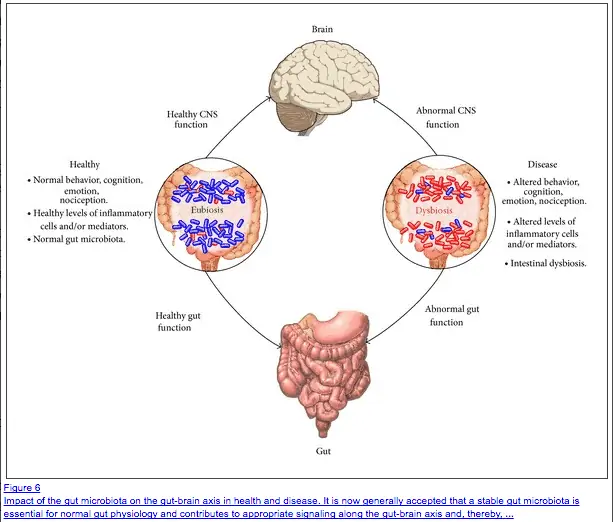
As a woman you know that losing weight is particularly difficult.
Weight loss is often much easier in men due to the compounding effects that testosterone has on both muscle formation and metabolism, but the same is not necessarily true for women.
With that in mind, it’s often helpful to use ALL of the tools available to you to help with weight loss.
By the way, you can read an in-depth post about how probiotics help with weight loss here.
#4. Prevent and Reduce Yeast Infections (Intestinal & Vaginal)
You might not realize it, but both vaginal and gut health can act as a proxy for the overall health of your body.
The type of food that you eat, how much stress you are under, and how often you exercise can all impact your microbiome.
Changes to your microbiome may then alter vaginal bacterial concentrations and lead to yeast overgrowth in both the intestinal tract and vaginal area.
I’ve yet to find someone who suffers from vaginal yeast infections who also didn’t have problems with yeast overgrowth in their GI tracts (and occasionally their nasal passageways).
Taking probiotics will help normalize bacteria in all of these areas and may reduce these overgrowth syndromes (vaginal yeast infections (15) and small intestinal fungal overgrowth (16)).
#5. Help Boost Thyroid Function
Another hormone imbalance that up to 20% of people in the US suffer from (when you combine Hypothyroidism, Subclinical hypothyroidism, and Hashimoto’s thyroiditis) is thyroid disease.
Thyroid disease leads to weight gain, hair loss, menstrual irregularities, mood disorders, cold hands/feet, and constipation.
These symptoms stem from low levels of thyroid hormone in the body or from a decrease in peripheral thyroid conversion.

So how do probiotics help people with thyroid disease?
Probiotics act on several systems that may help indirectly improve thyroid status in your body:
First:
Probiotics can help reduce systemic inflammation.
Inflammation is particularly harmful to your thyroid status because inflammation limits the conversion (17) of the inactive thyroid hormone T4 to the active thyroid hormone T3.
Reducing inflammation may indirectly result in increased free T3 levels and improved thyroid function.
Second:
One of the number 1 causes of thyroid disease in the US is the autoimmune disease known as Hashimoto’s thyroiditis (18).
The underlying cause of autoimmune disease, in general, is dysfunction within the immune system.
Probiotics can help improve innate immunity in the host and may help to treat some autoimmune diseases (19) such as Hashimoto’s.
Third:
Lastly, hypothyroid patients are susceptible to intestinal issues such as SIBO which may cause inflammation in the GI tract.
Because up to 20% of thyroid conversion occurs in the GI tract it’s important to treat underlying intestinal issues to optimize thyroid hormone status.
While probiotics are often insufficient to treat SIBO by themselves, they are still part of the SIBO treatment plan.
#6. Improve Mood and Reduce “Sad Thoughts”
Probiotics have also been shown to help improve mood, reduce cognitive reactivity to sadness, and reduce aggressive thoughts (20).
While this side effect may not be as interesting as weight loss, it’s still important nonetheless.
Your mood can be used as a surrogate marker for thyroid status, nutrient status, and gut health in your body.
Disorder in any of these systems leads to increased rates of irritability (decreased patients) and a tendency to be depressed or sad.
Daily probiotic use can help alleviate many of these symptoms.
The trick here is that the study showed that in order to get this benefit you need to be using probiotics that contain multispecies (meaning more than 1 strain and/or species of bacteria).
What’s more, is that probiotics can be used as an effective adjunct therapy to anti-depressants.
#7. May Improve The Menstrual Cycle and Other Hormones
As we uncover more information about the microbiome we begin to uncover certain patterns.
For instance:
We know that the microbiome of patients with certain conditions tends to have higher populations of certain bacterial species, especially when compared to healthy people.
We also know that the microbiomes of patients with PCOS and obesity tend to look similar.
The relationship between sex hormones such as progesterone, estrogen, and certain bacteria isn’t clear, but we know there is a relationship.
As an example, studies have linked intestinal dysbiosis to menstrual problems such as PCOS (21).

The point here is that there is an active connection between your gut, your brain, and your hormones and this connection is bi-directional.
This presents an opportunity to use probiotics to help re-establish normal bacterial levels and improve hormone status in the body.
The Best Probiotic for Women
The best probiotic for women is one that meets the following criteria:
- Has multiple species and strains
- Contains both bifidobacteria and lactobacilli species
- Contains high enough dosages to get optimal results (at least 50 billion CFU daily)
- Contains variability in strains to promote weight loss, hormone balance, and mood balance
With that in mind, it doesn’t mean that there is one single best probiotic out on the market that EVERY woman should be on.
Instead, it means that you will want to find a probiotic that fits this criterion and monitor for changes over time.
In addition, I have also put together several tips for using probiotics (specifically in women):
- Use probiotics concurrently if you are ALSO taking probiotics (this will reduce the risk of developing bacterial vaginosis).
- Use probiotics daily as a preventative measure to reduce the incidence of both urinary tract infections and vaginal yeast overgrowth.
- Use probiotics during pregnancy (22) to prevent bacterial vaginosis. Bacterial vaginosis is known to increase infant mortality and increase the risk of preterm labor (probiotics are safe to use during pregnancy).
- Use probiotics daily to treat intestinal issues including conditions like IBS, IBD, acid reflux, SIBO/SIFO, constipation, or diarrhea.
- Use daily if treating autoimmune conditions or attempting to boost immune function.
- Use multispecies, and multi-strain probiotics to increase intestinal health and colonization of healthy bacterial species.
You can see an example of what a probiotic looks like that fits all of these specifications here.
Final Thoughts
Probiotics have been shown in multiple studies to have benefits that are specific to women.
These benefits range from increased vaginal health to hormone balance for the entire body.
To get these benefits you need to use probiotics that contain multiple species and strains of various lactobacilli and bifidobacteria.
These types of probiotics seem to be particularly helpful for women.
Now I want to hear from you:
Are you using probiotics daily? Have they helped you with weight loss or with your mood?
Leave your comments below!
Scientific References
#1. https://www.ncbi.nlm.nih.gov/pmc/articles/PMC2662373/
#2. https://www.ncbi.nlm.nih.gov/pubmed/12628548
#3. https://www.ncbi.nlm.nih.gov/pubmed/12628548
#4. https://www.ncbi.nlm.nih.gov/pubmed/27590374
#5. https://www.ncbi.nlm.nih.gov/pmc/articles/PMC207122/
#6. https://www.ncbi.nlm.nih.gov/pmc/articles/PMC3611107/
#7. https://www.ncbi.nlm.nih.gov/pubmed/24299712
#8. https://www.ncbi.nlm.nih.gov/pmc/articles/PMC2904885/
#9. https://www.ncbi.nlm.nih.gov/pmc/articles/PMC4689799/
#10. https://www.ncbi.nlm.nih.gov/pmc/articles/PMC99697/
#11. https://www.ncbi.nlm.nih.gov/pmc/articles/PMC4908950/
#12. https://www.ncbi.nlm.nih.gov/pmc/articles/PMC4290017/
#13. https://www.ncbi.nlm.nih.gov/pmc/articles/PMC3249696/
#14. https://www.ncbi.nlm.nih.gov/pmc/articles/PMC4270213/
#15. https://www.ncbi.nlm.nih.gov/pubmed/16790461
#16. https://www.ncbi.nlm.nih.gov/pubmed/25786900
#17. https://www.ncbi.nlm.nih.gov/pubmed/27051079
#18. https://www.ncbi.nlm.nih.gov/pmc/articles/PMC3016247/
#19. https://www.ncbi.nlm.nih.gov/pmc/articles/PMC3928703/
#20. http://www.sciencedirect.com/science/article/pii/S0889159115000884
#21. https://www.ncbi.nlm.nih.gov/pmc/articles/PMC5328957/
#22. https://www.ncbi.nlm.nih.gov/pmc/articles/PMC207122/
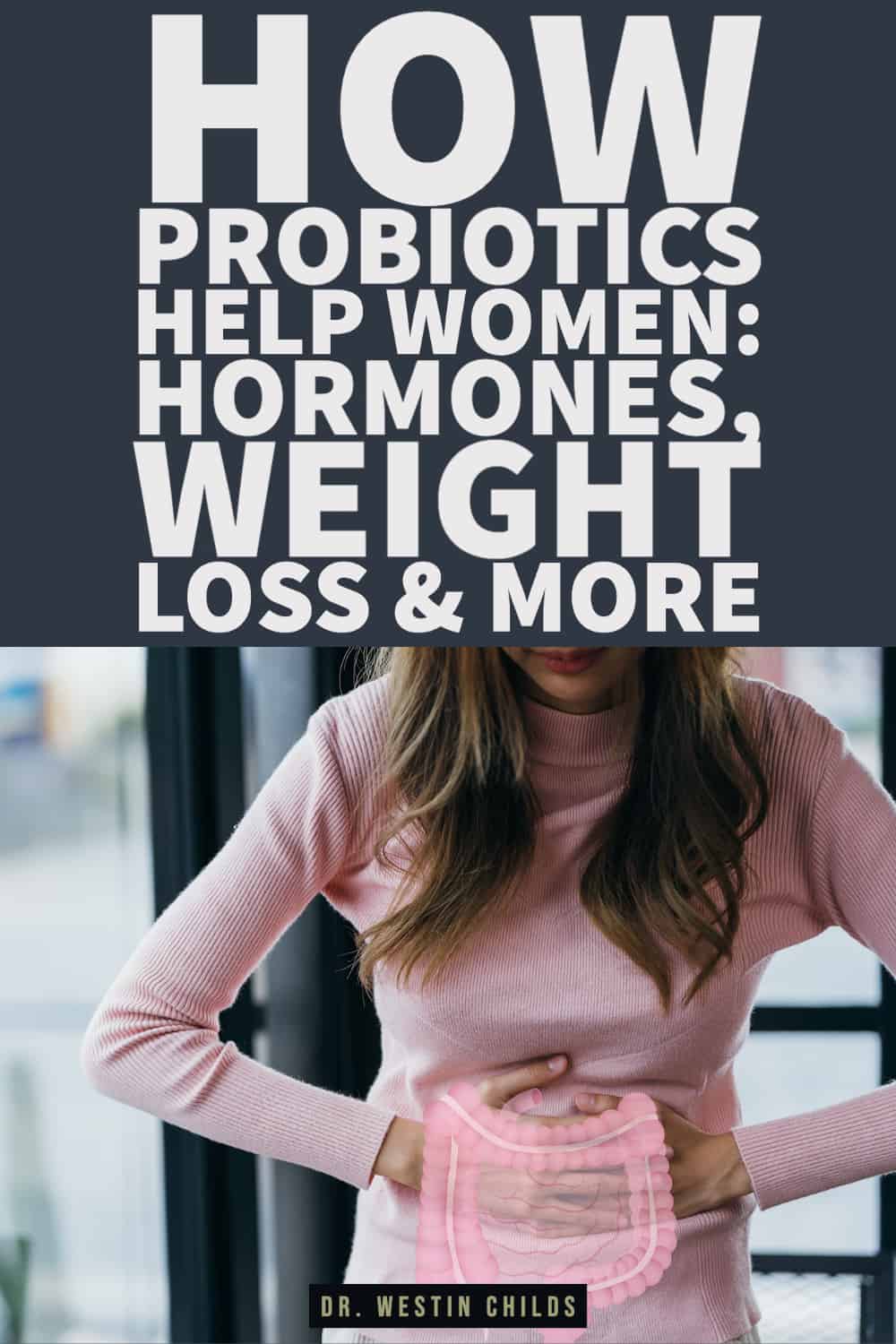
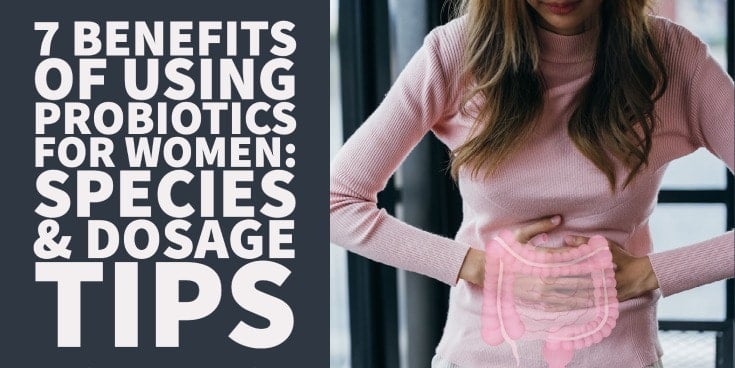
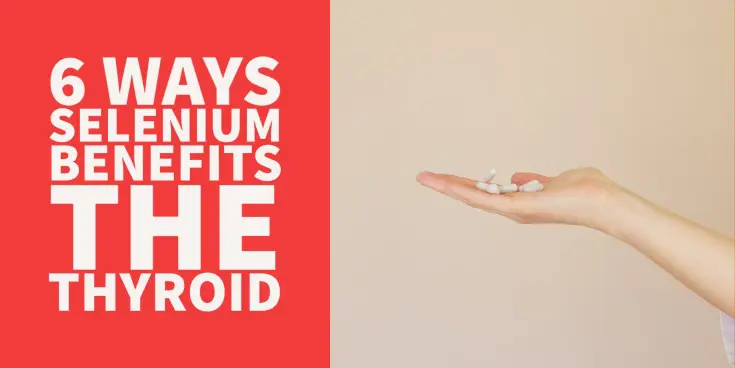

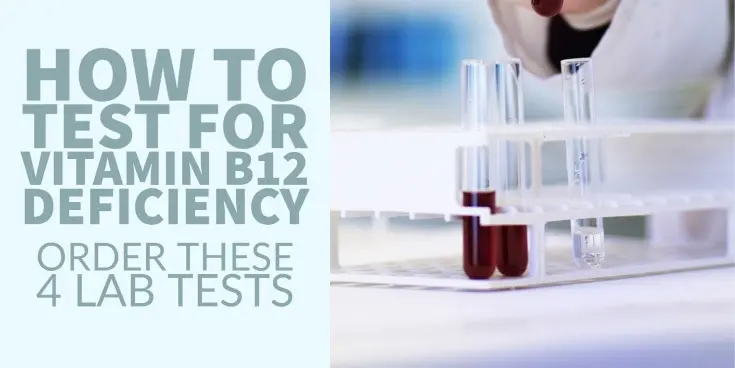
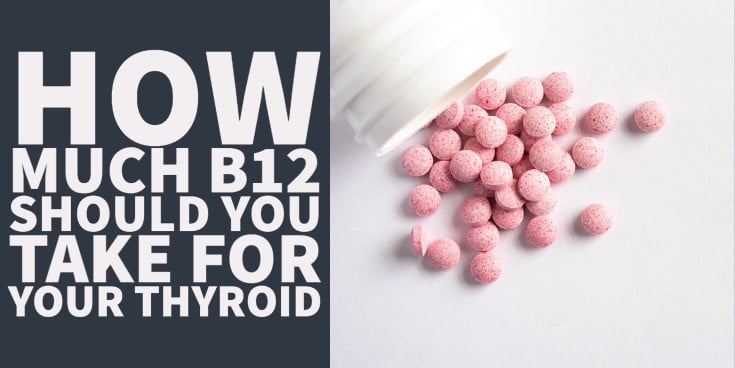
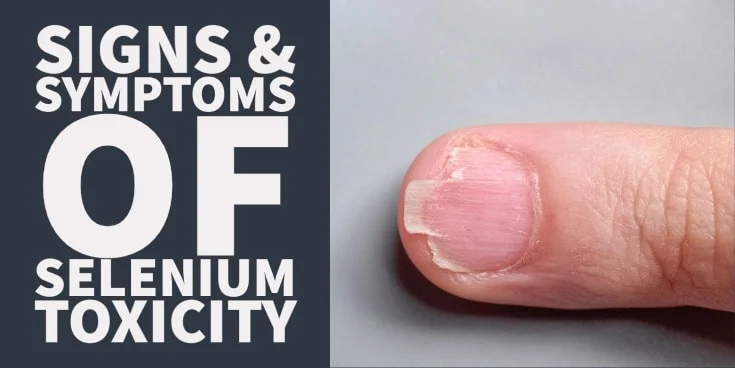
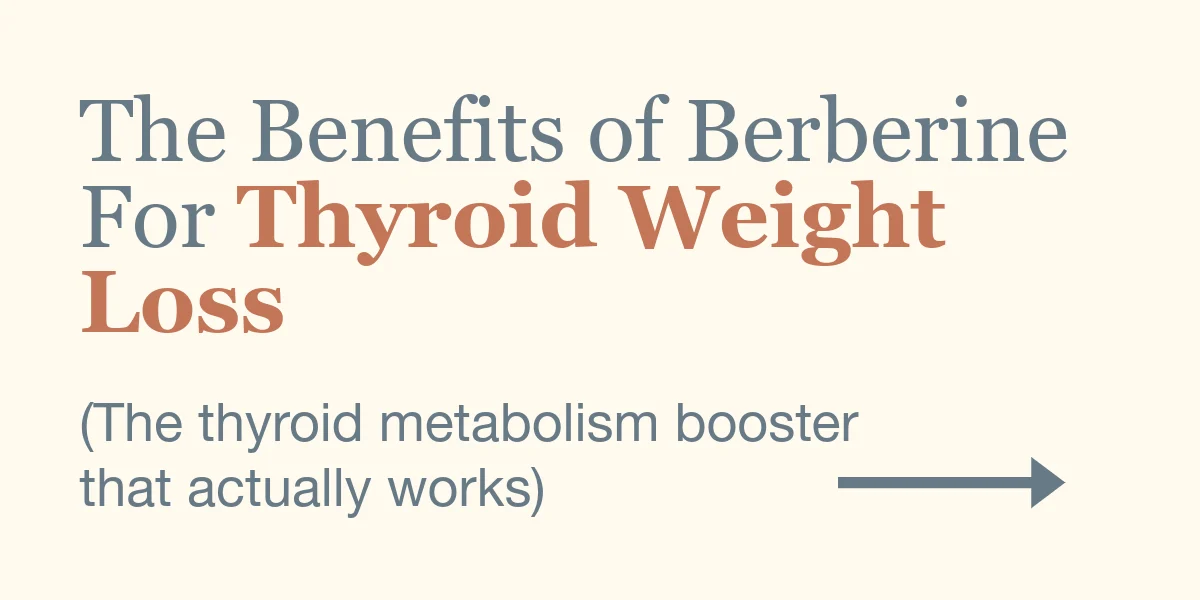

I’ve been using probiotics for years. Just recently I found a new product at the A4M conference that is a probiotic in spore form. The difference I feel in mood, digestion, regularity and not to mention a totally flat tummy is amazing. What are your thoughts on sporebiotics?
Hi Amy,
They certainly have benefit for a subset of patients, but I believe in changing up probiotics to introduce variability in which species you come into contact with over time.
I am an Indian. I have been on medication for hypothyroidism for the last 27 years. Here in India the medicine usually prescribed is Thyroxin. Till Last year I was taking 225 mg of Thyroxin, which when I changed my Doctor has slowly gone down to 100 mg 4 times a week and 125 mg thrice a week.I have had severe weight issues all these years, massive hair loss, infact i can relate to almost all the symptoms that you have talked about in your article on hypothyroidism.
I would like to know if curd which is an important part of our diets in India and which I understand is a probiotic, helps in this problem. Also we have certain rice and legume fermented preparations, would these also have some probiotic properties?
Hi Preeti,
I’m not familiar with Indian cuisine so I can’t really comment on how effective these foods are in terms of their probiotic qualities.
So which probiotic name do you recommend?
Hi K.D.
For general health I recommend this one (or one similar): https://www.restartmed.com/product/ultra-biotic-x100/
For weight loss I generally recommend more than 200-300 billion CFU/serving.
For general weight loss, if my probiotics are 100 billion, should I be taking 3 at once or space them out throughout the day? I take one a day at night before bedtime typically. They are called Ultimate Flora 100 Billion. I could use your advice, thanks
Hi Cyndie,
It also depends on the species of probiotics in the supplement you are using. For best results, you’ll want a probiotic that has 10+ species and 300+ billion CFU per serving.
Hello, my daughter she is 19 years old and had Turner syndrome. She is 4:10” taller and had irregular monthly period .Is there any probiotic can help her digestion and her monthly period?